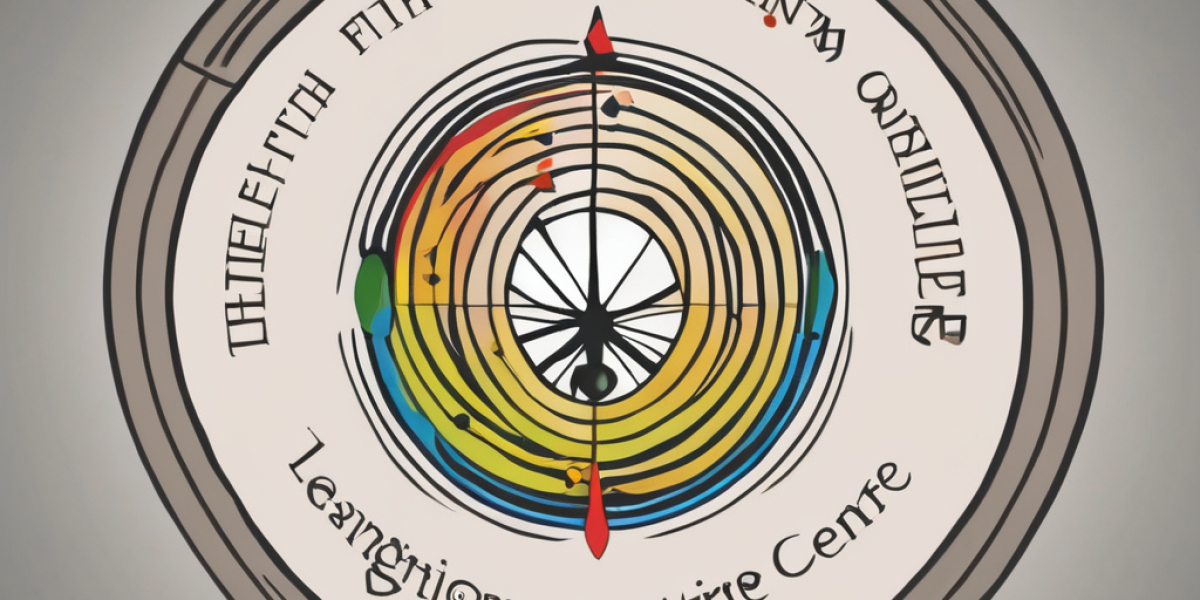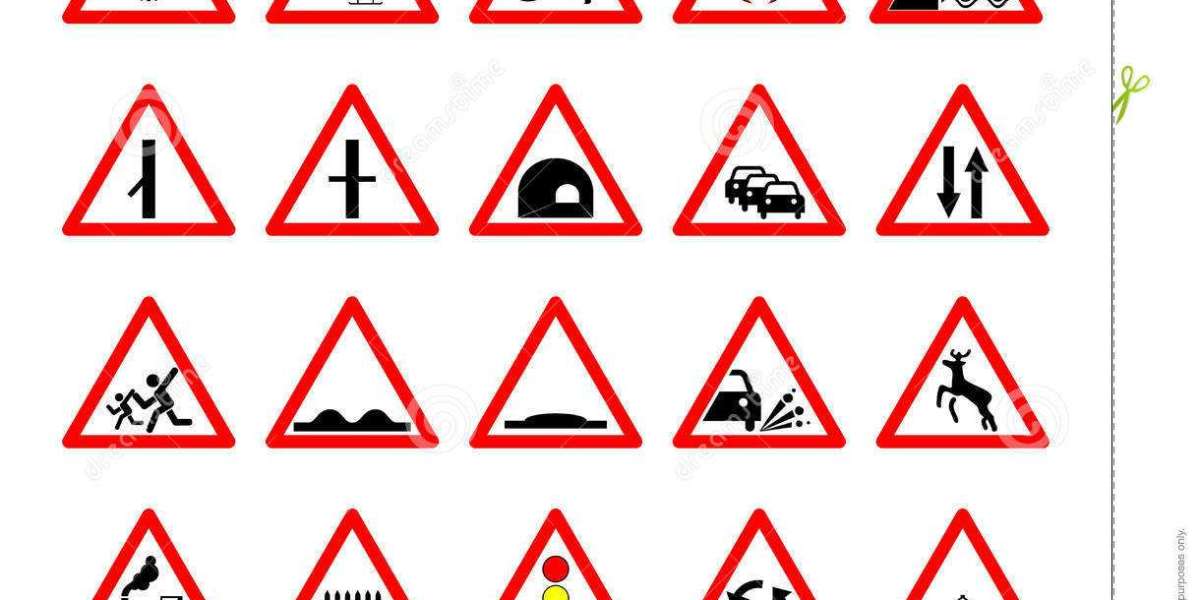Ah yes, Peter Senge's seminal work The Fifth Discipline: The Art and Practice of the Learning Organization has been incredibly influential in advancing systems thinking and its practical applications. Through distilling his frameworks, many organizations and communities have tapped greater potential.
Some of the core concepts Senge presented include:
- Systems Thinking: Seeing interrelated whole situations rather than isolated parts through patterns of change.
- Personal Mastery: Continuously clarifying and deepening one's vision to better serve the common good.
- Mental Models: Bringing tacit assumptions to the surface to re-examine them critically.
- Building Shared Vision: Aligning diverse stakeholders through common caring and aspirations.
- Team Learning: Collectively enhancing capacities greater than individuals by valuing diverse views.
By reflecting deeply on these ideas and hosting multiparty discussions, many have cultivated more system-literate, cohesive and dynamic entities able to evolve positively with their environments.
Here at our Center we aim to continue honouring Senge's work by spreading comprehending of it and fostering innovative applications. Our hope is realizing ever greater benefits through its insights. How else may I contribute on this topic?
Here is a proposed initial set of course topics and themes that could be explored to help cultivate systems thinking abilities through The Fifth Discipline framework:
- Introduction to Systems Thinking
- Core principles of systems behavior
- Paradigm shifts in perceiving causality and change
- Iceberg model and mental models exercises
- Mapping Systems
- Causal loop diagramming
- Archetypes like limits to growth and erosion of goals
- Case studies of feedback identification
- Shared Vision & Personal Mastery
- Clarifying purpose and key result areas
- Techniques like visioning and reflection
- Aligning individual goals to common benefit
- Team Learning
- Dialogue vs discussion dynamics
- Open-mindedness and inquiry practices
- Decision making approaches for complexity
- Systems Approach to Challenge
- Interdisciplinary frameworks like STEEPLE
- Application to real-world scenarios
- Emergent vs command solutions
- Living The Fifth Discipline
- Embedding principles in culture, structure, strategy
- Embracing disequilibrium and coevolution
- Continuous learning, assessment and adaptation
The goal would be engaging participants practically through learning activities, projects and facilitated discussion to internalize systems thinking in an incremental, experiential way. Feedback would be welcomed to refine and strengthen the proposed curriculum.







